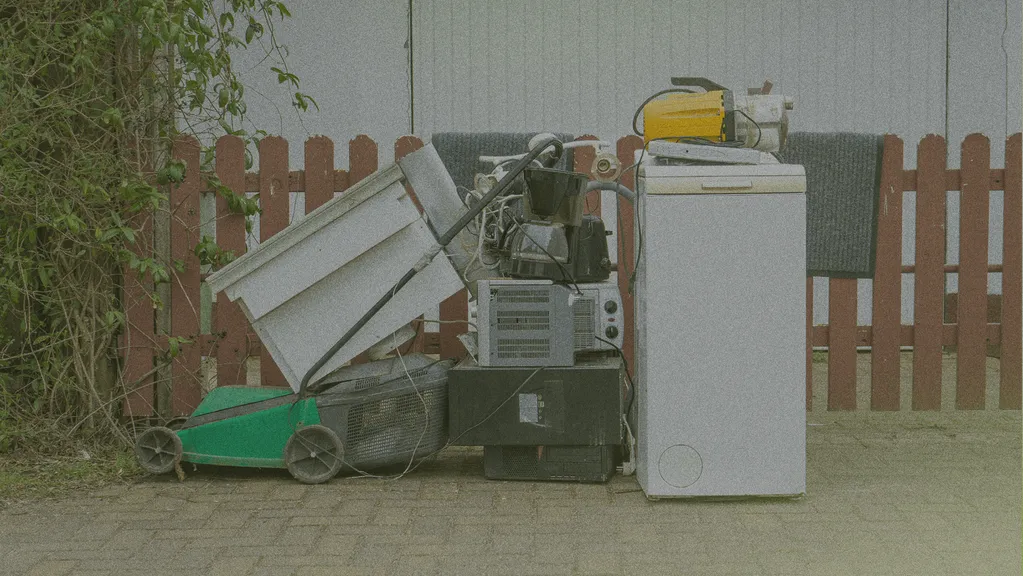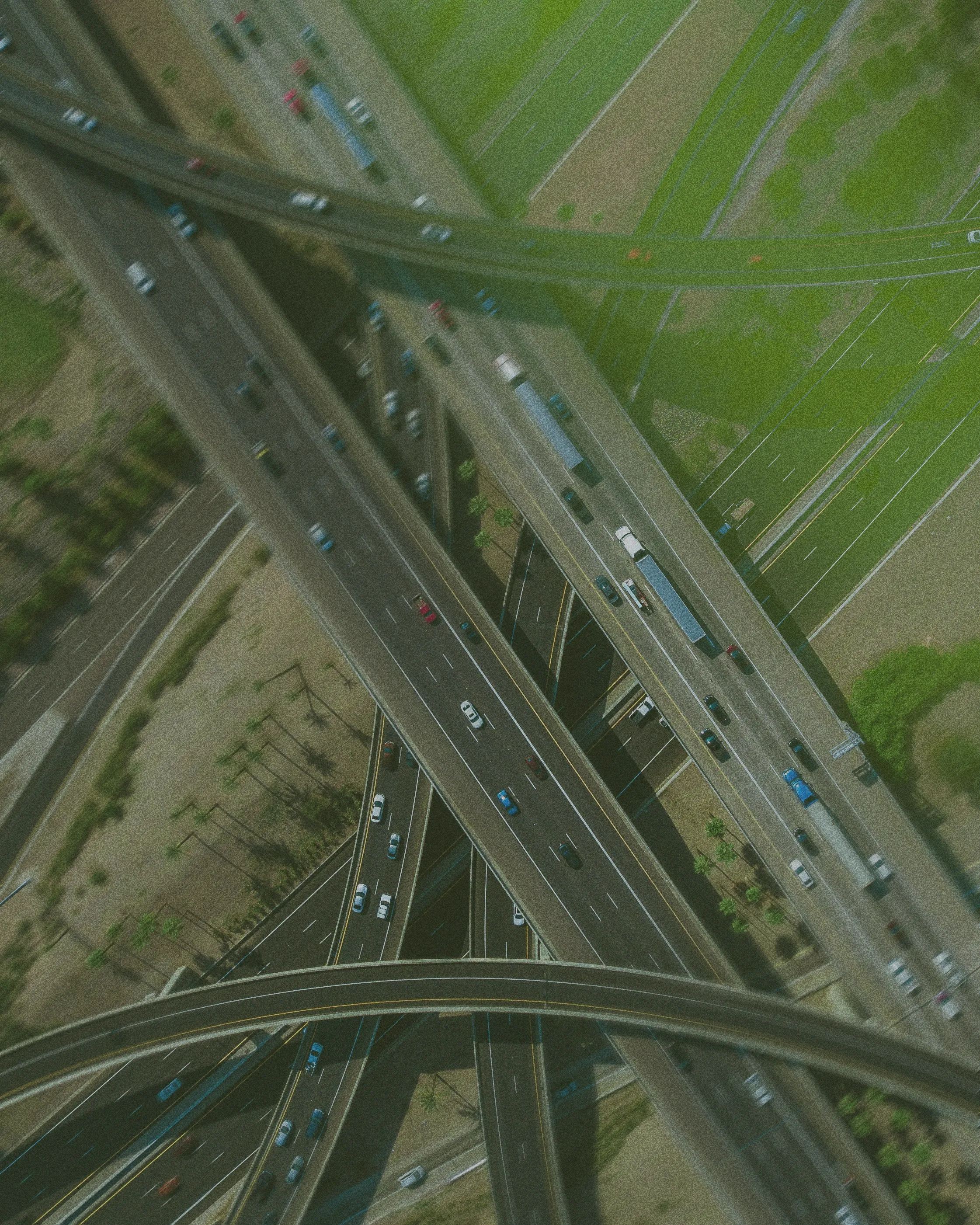Why Disposal Rules Matter
What you put into a dumpster impacts the environment as well as the price you pay for a dumpster rental. Generally, most household and construction debris can be thrown into a roll-off container. Modern disposal facilities are well equipped to keep contaminants contained and prevent leaching.
However, some materials are regulated or banned by various local and federal regulations to protect people and the environment. Violating these regulations not only causes harm, but also results in fines and other penalties.
Read the following guide to determine what you can and can't throw into a dumpster. If you have additional questions, contact Sourgum and we'll be happy to help. If you're ready to rent an affordable dumpster in your area, place an order online.
What Can You Put in a Dumpster?
The short answer is: almost any nonhazardous material from your home, yard, or construction site. Below is a list of the most universally accepted materials, along with some exceptions.
Household junk
A good rule of thumb is, if you can throw it out in your trash can, you can throw it in the dumpster. Items such as old blankets, toys, curtains, rugs, and similar inorganic trash can all be put in a dumpster.
While you can throw in things like cardboard or old books, we urge you to sort and recycle those materials instead to help out the environment. Check out our full list of recyclable materials to learn more.
Furniture
Typically, all furniture — including couches, dressers, and tables — is allowed in a dumpster. There are, however, some counties where mattresses and upholstery furniture are not allowed in landfills, or disposing of them comes with additional fees. If you are unsure if you can dispose of mattresses or upholstery furniture in your local area, be sure to contact us for help.
Appliances
Most appliances can be thrown into a dumpster; ovens, washers, dryers, etc., are all acceptable. However, any components containing hazardous fluids must be removed first. For example, older refrigerators contain freon, a chemical that erodes the ozone layer, which must be safely removed and disposed of separately and properly.
Electronics
Electronics can be placed in dumpsters, but the rules vary depending on where you live. Some facilities prohibit e-waste completely, while others allow it with certain restrictions or added fees. TVs, computers, printers, and similar devices are often accepted, though you may be charged per item.
If you’re not sure what applies in your area, give us a call and we’ll walk you through your options and make sure everything is disposed of the right way.
Renovation debris
Material from your home renovation project can be disposed of in your dumpster. Just be sure not to include anything from the “What Can't I Put in a Dumpster” section.
Renovation waste tends to be heavier. Make sure that you have a dumpster with an adequate ton limit or know the overage fee pricing for your area. Learn more about dumpster pricing and weight limits to avoid surprises on your bill.
Yard waste
Brush, branches, logs, and dirt can be placed in a dumpster. There are some counties, though, that will limit how much organic waste can go in. Be sure to contact us to find out the limits for your town.
Pro Tip: Most counties provide discounted rates for dumpsters containing a single material type. Make sure to select the appropriate material type when ordering.
What Can’t You Throw in a Dumpster?
All hazardous materials are prohibited from going into a dumpster. This includes materials that can be toxic or pose a safety hazard, such as wet paint, asbestos, sealed tanks, or flammables. These rules are in place to protect the people who handle waste every day as well as the environment. When in doubt, always ask to avoid causing harm or extra fees. We are happy to answer any questions you may have.
Asbestos
Asbestos can be found in older homes and is considered a carcinogen. The majority of U.S. landfills have banned it, and many states have strict regulations regarding disposal. If you have asbestos, contact a licensed contractor to ensure safe removal.
We can provide an asbestos dumpster with specialty lining and loading instructions to ensure proper disposal—reach out for details.
Paints, stains, and lacquers
Paints, stains, and lacquers may contain lead or mercury and are prohibited from landfills and dumpsters. Use PaintCare to find drop-off locations for your leftover paint.
However, placing dried and solidified latex paints into the dumpster is ok if it is first wrapped in a plastic bag. Empty paint cans are also allowed in the container, but placing them in the recycling bin is a more eco-friendly option.
Pro Tip: If you have paint cans that still contain liquid paint, mixing in some kitty litter will dry them up.
Batteries
Car batteries and lithium batteries cannot go into a dumpster because they can leak chemicals that are harmful to the environment. Old car batteries can be taken to almost any store that sells them. Lithium batteries can be recycled at most big-box stores in the designated drop-off bins.
While small alkaline batteries (AAs, AAAs, etc.) can be placed in the dumpster, we ask that you also bring these to drop-off bins as they can still harm the environment as well as cause fires.
Contaminated soil
Contaminated soil, which is soil that has been mixed with hazardous substances, cannot be thrown into the dumpster. They must be contained or treated per Federal Superfund Guidelines and be handled by a certified hauler. Contact us if you have contaminated soil, and we will help you properly dispose of it.
Fuels, oils, and propane tanks
Flammable materials such as gasoline, diesel, fuels, oils, and propane tanks are highly combustible. They present a serious safety risk to drivers, landfill workers, and you. They are not allowed in dumpsters, and disposing of them improperly is illegal in most areas.
Contact a propane company, a hazardous material collection center, or your local fire department for information on how to properly dispose of them in your area.
Hot water tanks
Hot water tanks can collect harmful landfill gases inside them and are not allowed in every landfill. Contact us if you need to dispose of your hot water heater.
Other hazardous waste
Hazardous materials and liquids must be handled properly and cannot go into a normal dumpster. Some examples of hazardous materials would be medical waste, pesticides, household cleaners, ink, and resins. If you have a large amount of these materials, you can contact us to be serviced by a certified Hazardous Waste Hauler.
If you have only a few hazardous waste materials, most areas hold community collection events where you can drop off the hazardous materials for proper disposal. Contact a local hazardous materials collection center for more information about the proper procedure in your area.


